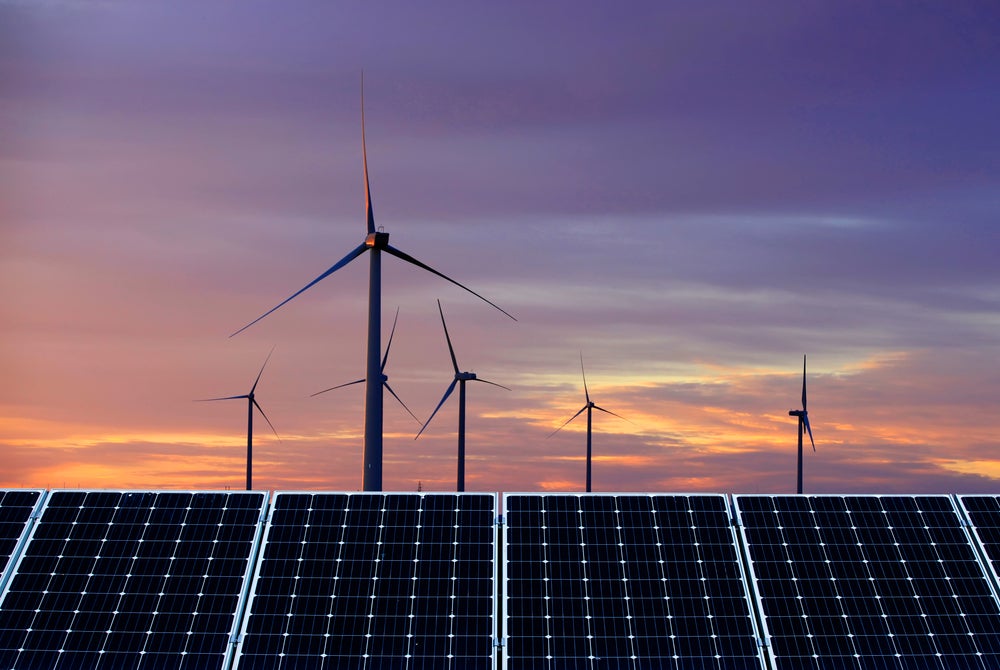
The US and Germany are the two most attractive countries for renewable investment, according to global consultancy EY.
In its 61st Renewable Energy Country Attractiveness Index, published on Tuesday, EY outlined its annual ranking of countries that are most promising for renewables investment.
Germany appeared above China in second place, following the US in first. This is the first time in a decade that Germany has reached second position.
Germany was the largest buyer of Russian gas prior to the invasion of Ukraine. Following the closure of its nuclear power stations it is aiming for renewables to make up 80% of its power mix by 2030.
However, the report predicts that: “While this is a major milestone in its progress to accelerated energy transition targets, there is likely to be an increase in the use of coal in the short term, to reduce the effects of intermittency in the power supply.”
Renewables currently account for 46% of Germany’s power mix, up from 41% at the start of 2022, according to EY.
The Inflation Reduction Act (IRA) in the US has driven renewable investment in the country. The act, which earmarks $369bn for investment in clean technologies, grants tax incentives to manufacturers within the US.
The US government seeks to install 30GW of offshore wind by 2030. EY predicts that the target will be missed by 10GW, according to construction dates announced by developers.
The IRA is predicted to spur up to $3trn of clean tech investment in the US. Other national governments have expressed concern that the tax incentives will drive investment away from their own countries.
In March, the EU entered talks with the US over the potential impact of the IRA. Following the talks, the EU announced its Critical Raw Materials Act to ensure a strong supply chain.



